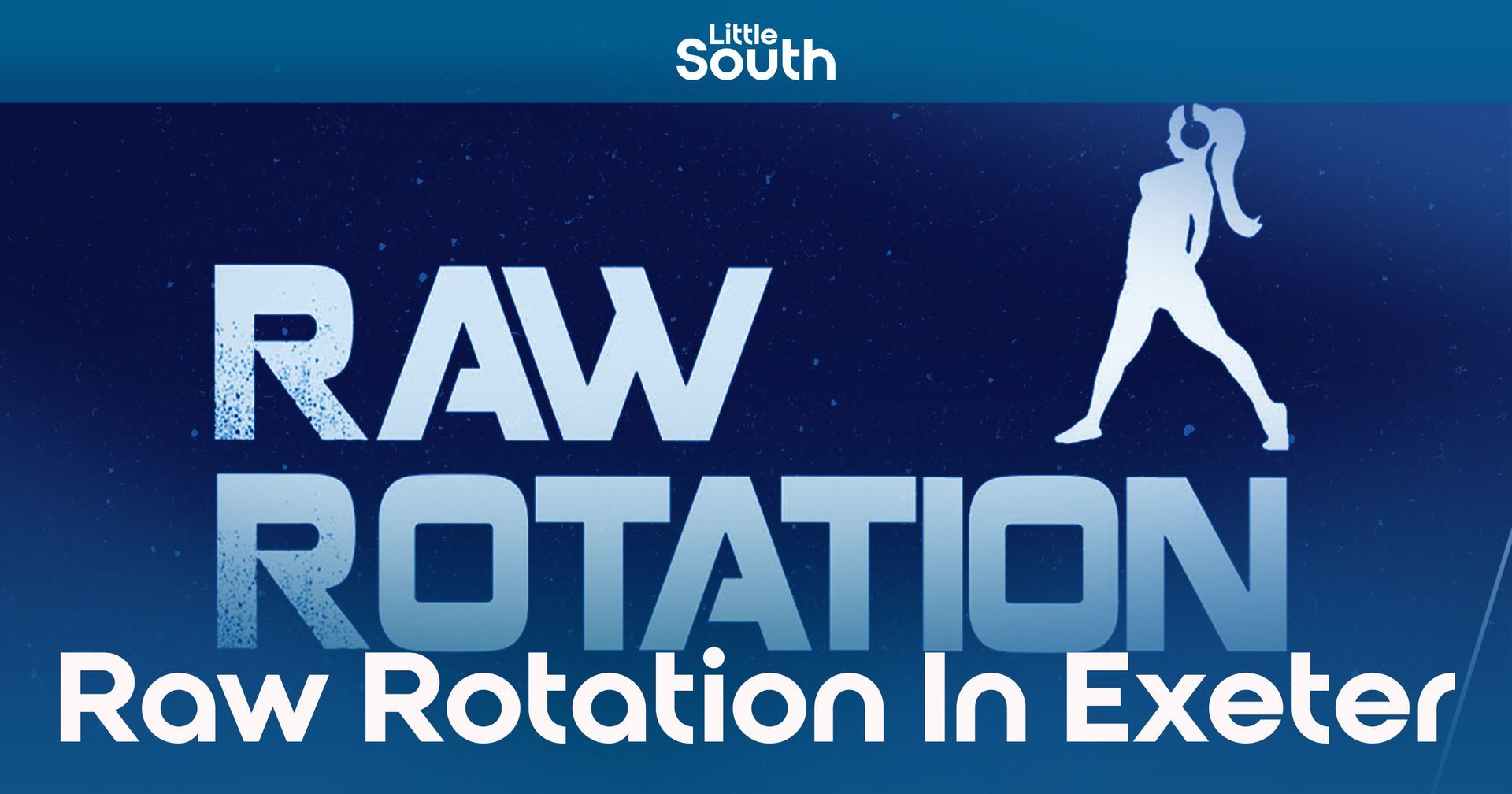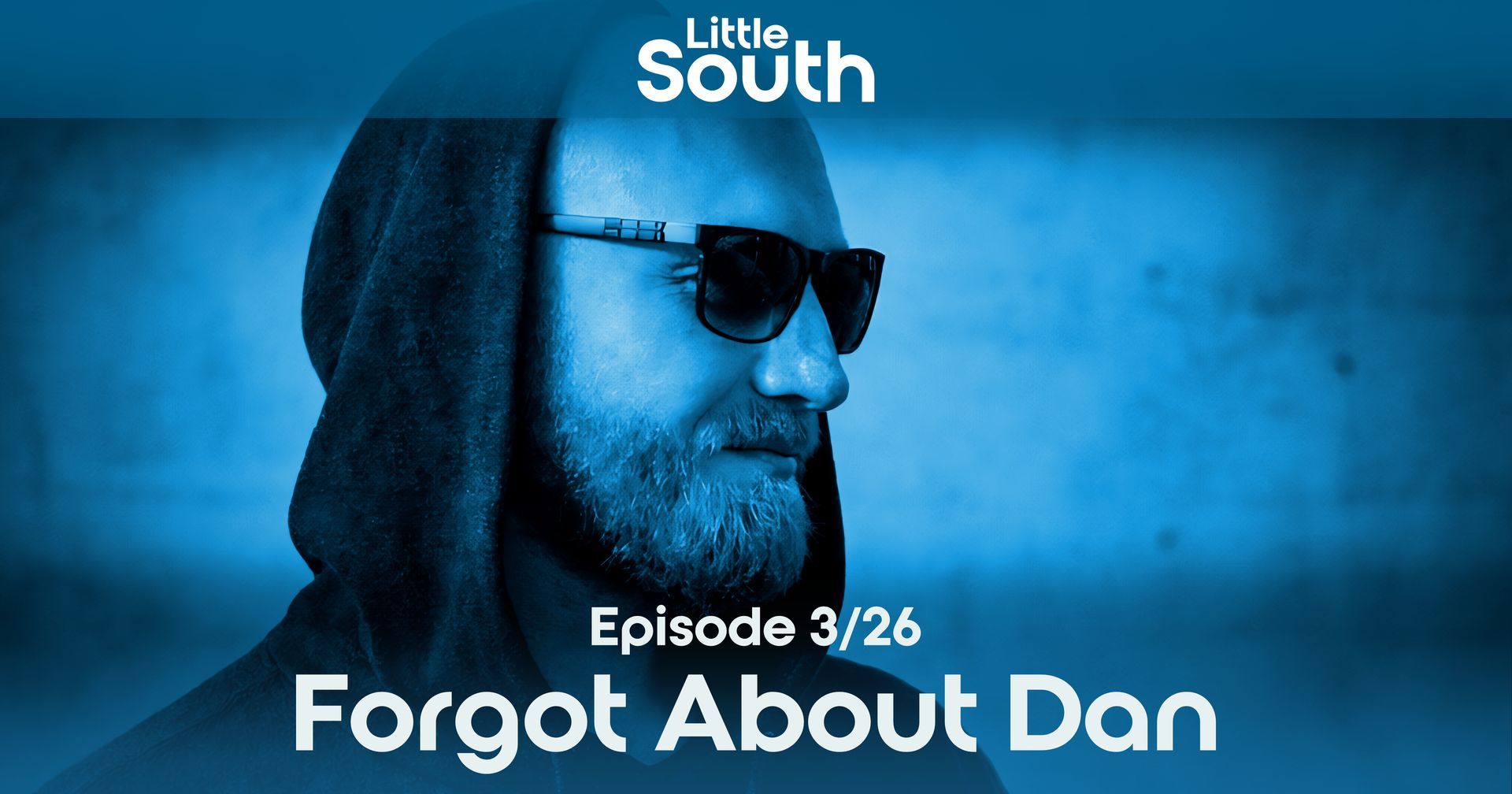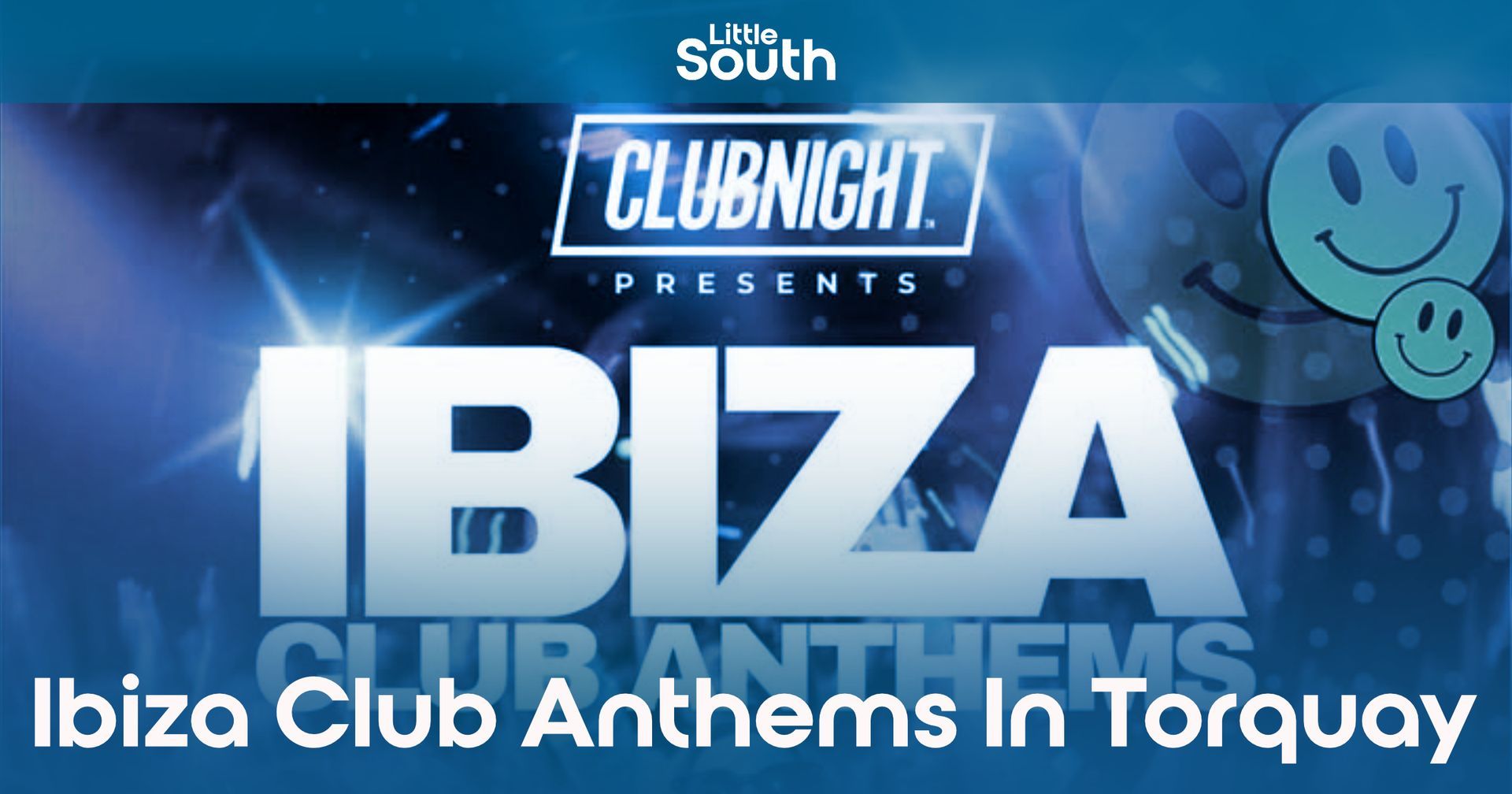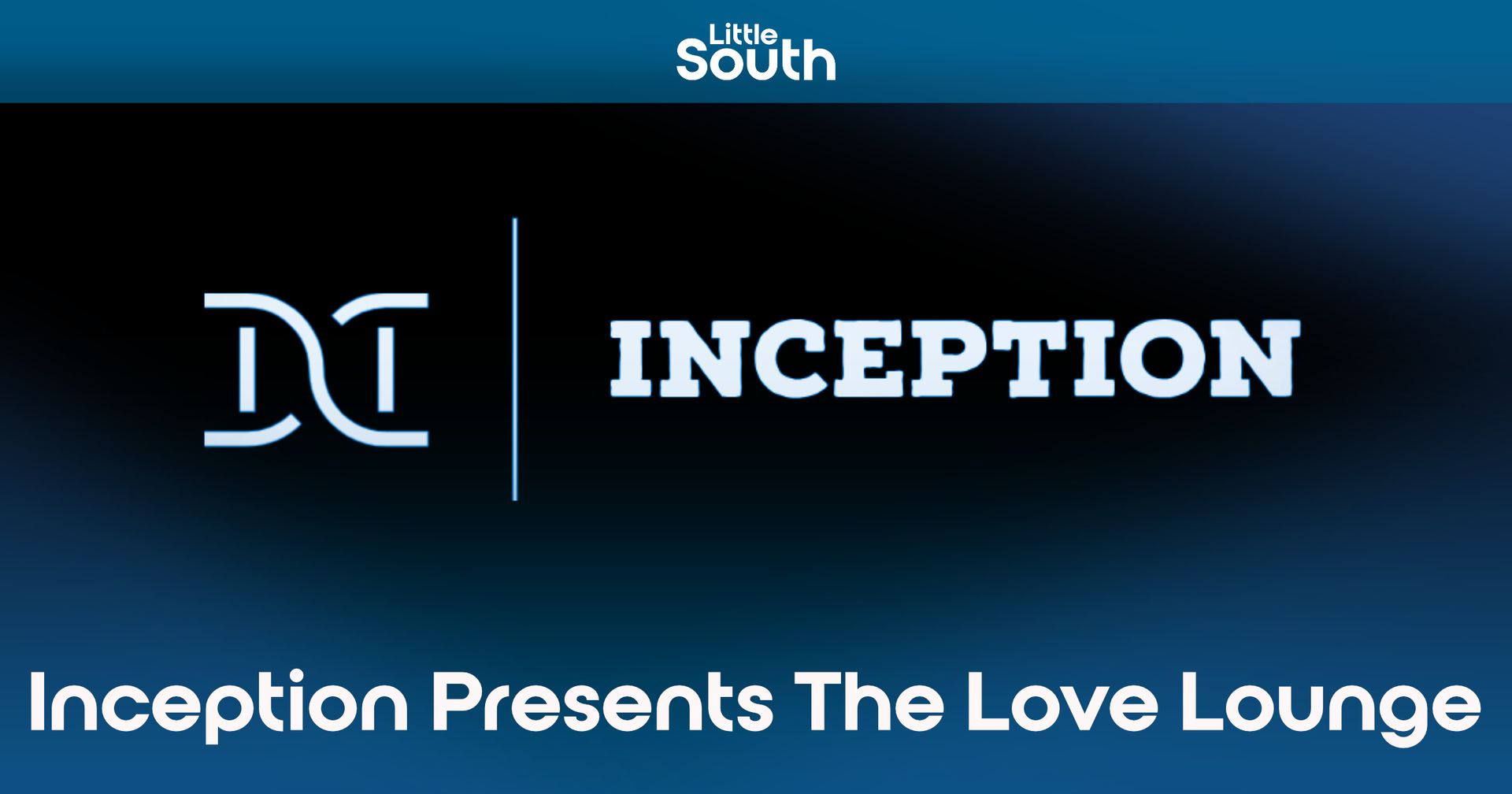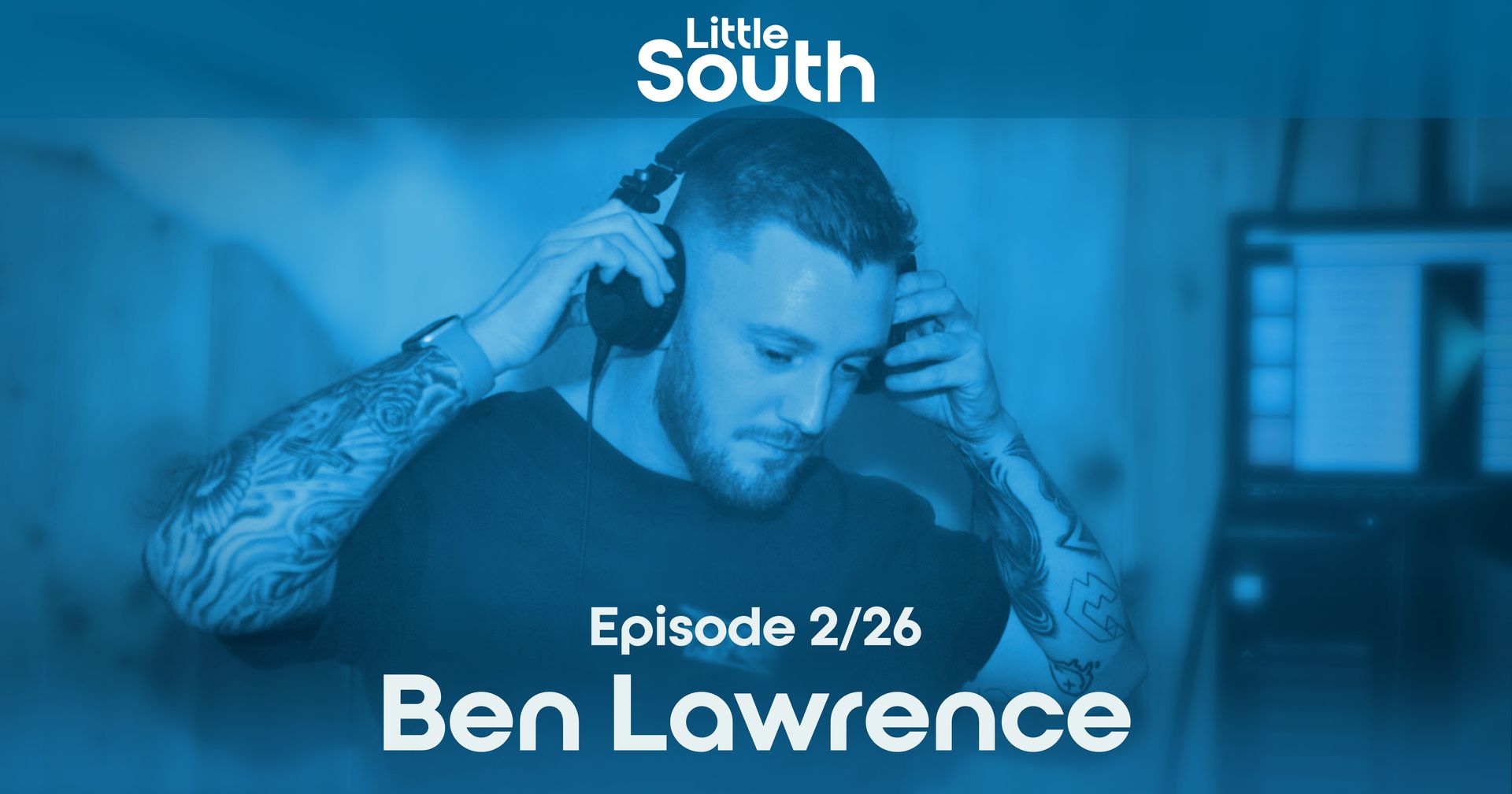Remembering When The Basement Jaxx House Album Topped UK Pop
The vibrant, eclectic dance album that merged pop and house music.
Released on June 25, 2001, Basement Jaxx's 'Rooty' showcases the versatile nature of house music through a dynamic blend of various musical styles supported by strong pop hooks and meticulous production. This second album solidified Basement Jaxx's position in the pop music scene while promoting UK house music.
The duo, consisting of Brixton-based DJs Felix Buxton and Simon Ratcliffe, gained significant attention with their debut album, 'Remedy,' in 1999. However, 'Rooty' expanded on those foundations by incorporating elements from varied genres such as Timbaland's production influence, Bollywood sounds, Latin pop, jazz, and even references to Gary Numan. This resulted in a vibrant, eclectic album that maintained a focus on pop sensibilities while exploring diverse sources of inspiration. It achieved notable success in the US, reaching No. 5 on the Billboard dance album chart and positioning Basement Jaxx as a prominent competitor to Daft Punk, whose album 'Discovery' was released shortly before.
One of the defining characteristics of 'Rooty' is its unique blend of polished and raw sounds, embodying the adaptability of house music. While subsequent albums like 'Kish Kash' faced challenges due to complex production and an overload of featured artists, 'Rooty' effectively balances various musical influences with strong hooks and disciplined craftsmanship. However, its experimental aspects sometimes risk being overshadowed by its mainstream appeal.

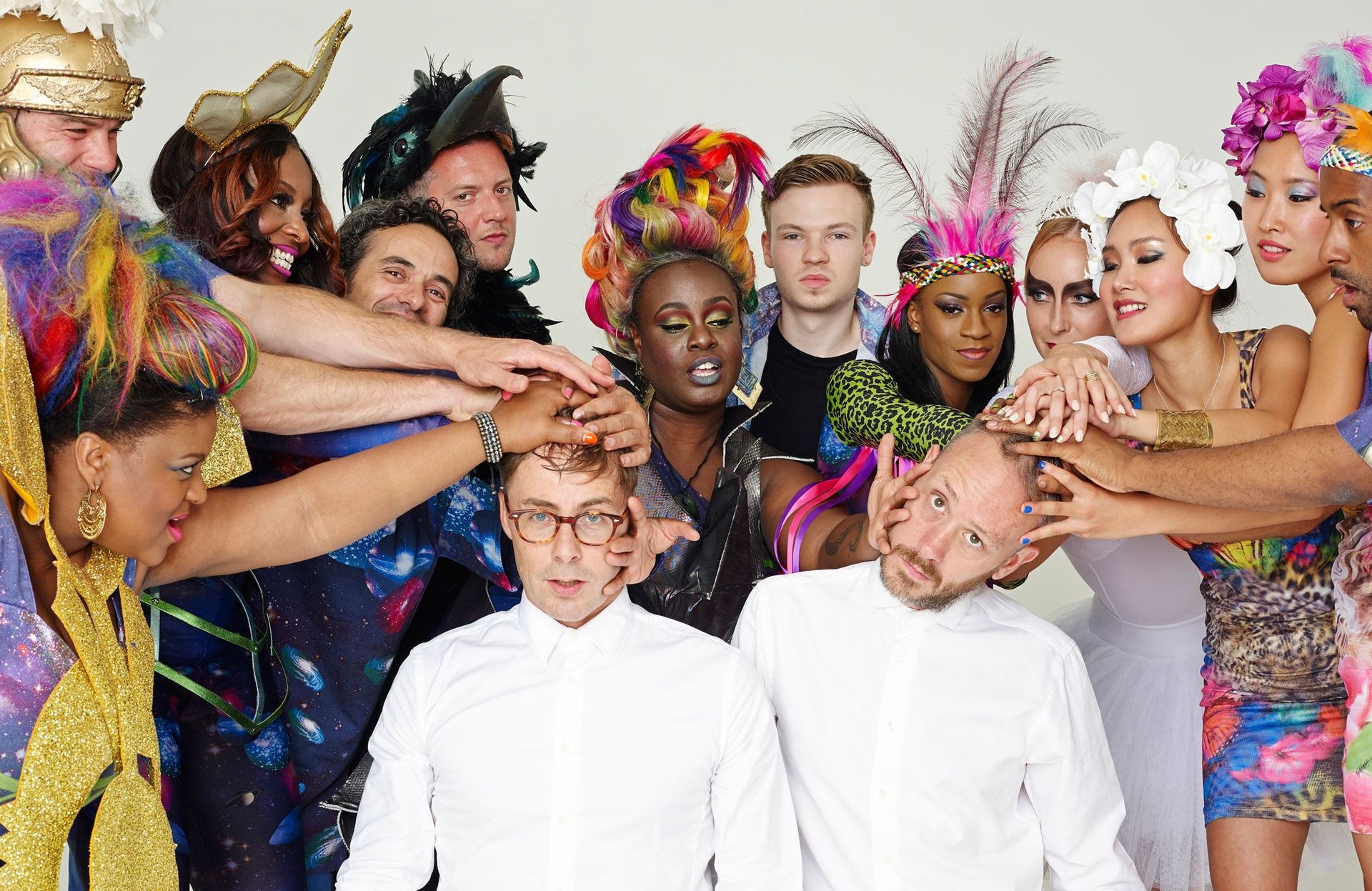
The album features ‘Romeo’ as its first single, serving as a significant introduction to its sound. This track, initially perceived as a straightforward house song, reveals a complex structure with a distinct rhythm, an emotive electro siren, and lyrics that express a sense of romantic disappointment: “'Cause you see my dear, I have had enough of keeping quiet about all this stuff.” This emotional depth is complemented by a catchy “woa-oh-ya-oh” hook that encourages listener participation.
Another notable single from the album is ‘Jus 1 Kiss,’ which combines UK garage beats with a filter house production style. It incorporates a sample from Chic’s ‘You Can't Do It Alone’ and features steel drums that evoke the vibrant atmosphere of South London. Additionally, ‘Where’s Your Head At’ stands out with its aggressive riff, punk-influenced vocals, and dynamic house drums, along with two samples from Gary Numan. Its unique characteristics helped it reach No. 39 on the Billboard Modern Rock chart and led to remixes by EDM artist DJ Chuckie and drum & bass producer DJ 1991.
'Rooty' showcases a diverse array of musical influences that reflect the rich cultural tapestry of London. The album incorporates elements of reggae, R&B, house, and hardcore, creating a unique sound that resonates with the city's vibrant atmosphere. The listening experience evokes the imagery of strolling through London on a warm summer night, where the sounds of passing cars and booming stereos contribute to the dynamic urban landscape.
Basement Jaxx is a notable example of a musical act that successfully combined diverse sounds reflective of London’s vibrant street culture in the early 2000s.
Similar to Daft Punk's approach in 'Discovery,' Basement Jaxx expertly blended various musical elements to create a seamless fusion that may not have seemed strange to listeners at the time, but exemplified innovative artistry in mainstream music. The track ‘Where’s Your Head At’ serves as an illustration of this technique, capturing the essence of pop appeal while incorporating avant-garde influences.
In 2001, Basement Jaxx was positioned at an interesting crossroads in their career. They operated an underground club night named Rooty in Brixton, yet they were also gaining recognition as a chart-topping production act. Their eclectic musical style attracted attention from industry giants, including Janet Jackson, who showed interest in potential collaborations—a project that, however, did not materialize. The album title, "Rooty," signifies a blend of influences and styles, emphasizing an appreciation for the unconventional. As Felix Buxton explained to The Telegraph, the title reflects a return to the essence of music and the importance of embracing diversity in sound. Additionally, the album’s striking artwork—a stylized image of an angry albino gorilla—reinforces this theme of bold, nonconformist expression.
The group’s album ‘Rooty’ demonstrates their increased confidence in the studio, a development brought about by the success of their debut album, which highlighted the compatibility of house music with genres like 2-step, ska, and Latin guitars. According to Buxton in an interview with Billboard, the process of creating their first album involved extensive questioning of their artistic direction. In contrast, the creation of ‘Rooty’ was marked by a sense of assurance in their identity and musical intentions.
A significant distinction between ‘Remedy’ and ‘Rooty’ is the recording schedule; ‘Rooty’ was produced during the daytime rather than the all-night sessions that characterized ‘Remedy.’ Simon Ratcliffe noted in the Billboard interview that this change allowed for a different creative atmosphere. This shift is reflected in the album's sound, which evokes a sense of warmth and brightness, resembling a mythical London summer that often feels elusive.
The album 'Rooty' plays a significant role in the evolution of R&B, contributing to the crossover between hip-hop and house that characterized the late 2000s. Notably, Basement Jaxx, influenced by Timbaland's work, was later invited by Missy Elliott to remix her hip-house track '4 My People' in 2002. This remix not only featured in the song's official video but also represented a rare collaboration between a UK dance act and a US hip-hop artist at that time. Furthermore, Timbaland, who co-produced '4 My People', faced criticism for allegedly borrowing elements from Basement Jaxx’s style in his 2007 track 'Release'.
The longevity of 'Rooty' is evidenced in its continued relevance, which is highlighted by its extensive range of remixes, including a more club-oriented version. Tracks such as 'Where’s Your Head At', 'Romeo', and 'Do Your Thing' have endured as key components of Basement Jaxx’s live performances. Their unique blend of soulful house and UK garage (UKG) has influenced numerous artists, including Disclosure and Gorgon City. Additionally, contemporary artists like Rochelle Jordan, Dawn Richard, and Erika de Casier exhibit the album's influence through potential covers of 'Jus 1 Kiss', which adheres to the modern alt-pop/R&B/electronic sound.
As 'Rooty' approaches its 20th anniversary, one of the simplest yet most effective ways to appreciate the album is to listen to it at high volume on a summer day, showcasing the vibrancy and confidence that defines British dance music.
Written by


